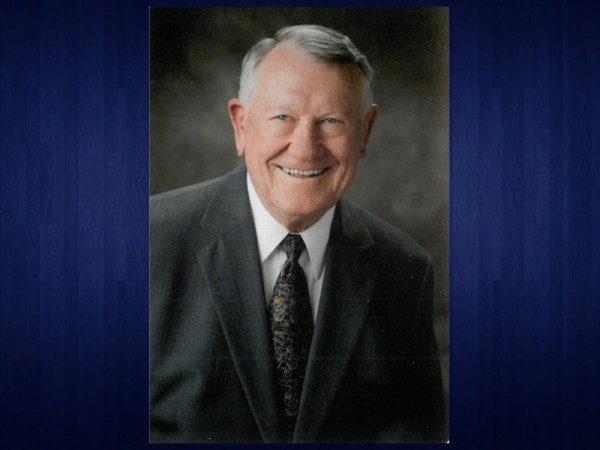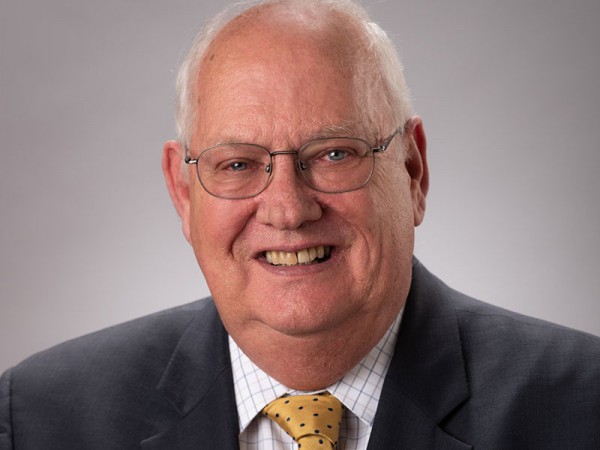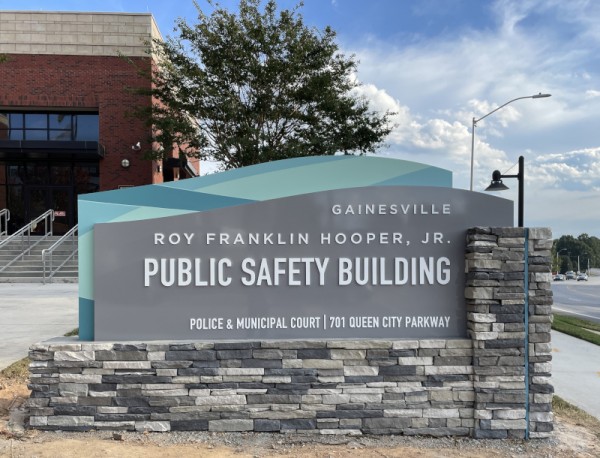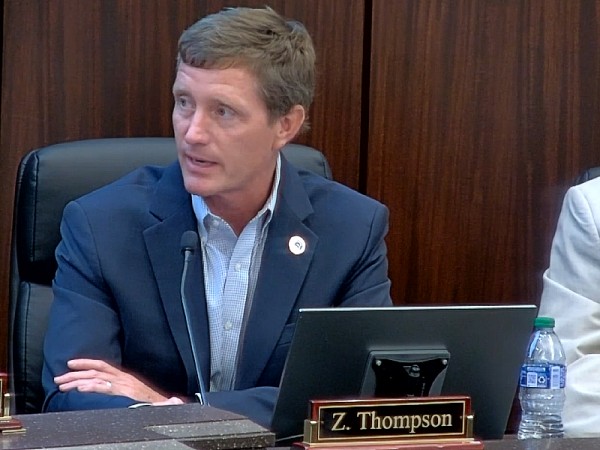GAINESVILLE – Some changes are coming to public transportation in Gainesville and Hall County.
The Gainesville City Council heard at its work session Thursday morning that a vendor had been selected to provide micro-transit software and technical support for Hall Area Transit (HAT), and with that a rebranding of the service would happen as well.
“Micro-transit service,” Gainesville City Manager Bryan Lackey said, beginning the presentation to the city council, “it’s like the Uber and Lyft…app…but it’s not the individual ride component, it’s the ride-share component.”
Lackey said one objective of using micro-transit is, “…over time reducing some of our fixed-route services. And because we’ve partners with Hall County, they are also excited about this because it will replace, in time, the Dial-A-Ride service.”
“We’ve all seen that while that is a necessary service, it’s a highly inefficient, not cost-effective service,” Lackey said candidly.
Lackey said Hall County commissioners were in favor of the change but asked that the Gainesville City Council be the first to officially adopt the changeover because, Lackey explained, “The first phase of it is all really in the City of Gainesville. The second phase, in another year…will then go to the Hall Area Transit.”
“The cost impact is a lot better than we ever dreamed it would have been on this,” Lackey said and turned the remainder of the presentation over to Phillippa Lewis Moss, Gainesville’s Community Service Center Director.
Moss said after receiving “six very strong proposals” from vendors in April to supply the service, staff members from both the city and the county agreed on service provider “VIA”.
(Council members were told that both Uber and Lyft were offered an opportunity to bid on providing the service but declined.)
VIA was established in 2012 in New York City, and now employs over 750 transportation specialists, serving jurisdictions across the county. “We will have a dedicated person assigned to us for the life of the project,” Moss explained.
“We’re hoping to roll out this service in October,” Moss said, but added that several changes in day-to-day operation would take place locally before then.
“We currently operate six Gainesville Connection bus routes, and we have done so for probably the last fifteen to eighteen years.” she said. “We’re going to reduce the number of bus routes from six to three. We’ll be replacing the lower-functioning bus routes with micro-transit.”
And, Moss added, the bus routes that continue to operate will begin using smaller vehicles. “You’ll see fewer large buses on the road.”
Discontinued service will be replaced with VIA service. “Because VIA can go door-to-door, curb-to-curb, there’s not an area in our city that will not be touched.”
“Basically, VIA is an upgrade to our current Dial-A-Ride system, so it operates as a vanpool, carpool type service,” she continued. “We will have an app…it will know where I am…I will tell it where I want to go…it will ask me to walk two or three minutes to the location where I pick up my van, because there won’t be bus stops - there will be virtual bus stops.”
“And I can actually see on my app where the vehicle is right now,” Moss added. “It (the app) is live and interactive.”
Moss said the transit service would be renamed. The new service will be known as “WeGo”, and vehicles, advertising and the app interface will reflect Gainesville’s unique service.
The resolution presented to the city council is for a four-year contract with VIA.
According to the resolution: “The Cares Act of 2020 (Coronavirus Aid, Relief, and Economic Security passed by Congress earlier this year) will provide 100% reimbursement of all transit operating and capital expenses dated back to January, 2020, though June 30, 2021. Hence, the cost of the contract and technical support in year one will be fully reimbursed. In years two through four, up to 50% of the contract expenses will be reimbursed via the Federal Transit Administration and the remaining expense will be split between the City of Gainesville & Hall County Government based on the percentage of trips originating in the City proper, or County respectively.”
Lackey told city council members that the cost of purchasing the initial seven vans for the new service would be reimbursed under CARES Act provisions, as well.
“This could not have occurred at a better time,” Moss said.
Moss said rider fares would probably be in line with the current fare structure. “Currently it’s a dollar to get on our vehicles; I don’t expect it will be more than two to three dollars to ride the van full service.”
The city council will decide on the resolution Tuesday at its voting session, 5:30 p.m. in the Public Safety Complex on Queen City Parkway.

















